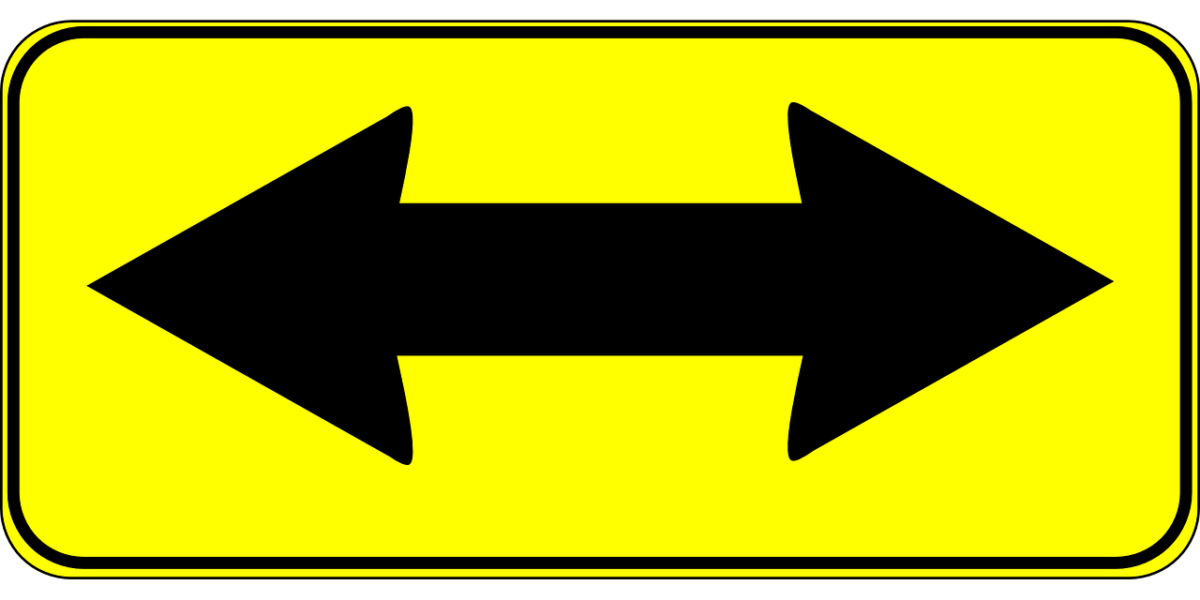
7 Red Flags To Notice In Your Job Interview
- November 7, 2017
- William Tong
The job interview process isn’t a one-way street. As well as a chance for your employer to check you out, it’s also an opportunity for you, as a prospective employee, to see if a company is the place for you. An office tour will give you an idea of the work environment, but an interview will give you an idea of how employees are treated and perceived.
Here are seven red flags you should watch out for in interviews. Whether or not they’re deal-breakers is up to you!
Working off the clock
It’s not a new thing; staying in the office late to finish, catch up, or organise your work shouldn’t be new to anyone. However, working outside normal hours is a complicated legal issue; employers don’t have to pay for your overtime but must make sure that the average pay for the total hours worked mustn’t fall below the national living wage.
In other words, if your interviewer asks you about overtime but doesn’t mention anything about overtime pay rates, do not expect to get paid for overtime. It’s completely legal, but ask yourself whether you can afford to do extra hours for no financial reward.
Disorganised interviewers
If you arrive for an interview but the interviewer isn’t there and the people who are know nothing about you, this isn’t a good sign. The most basic criteria in an interview is showing up on time, and it may be a worrying sign in terms of work ethic if an interviewer hasn’t arrived.
Even more worrying, however, would be the fact that the people who are present knowing nothing about a scheduled interview. This points towards a lack of communication and office organisation.
Commission-based jobs with no salary listed
While there’s nothing wrong with jobs that offer opportunities to make more via commissions, some firms will take it further. They offer you a job with no fixed salary, with the promise that “you can make as much as you want.” Although, in theory, the amount of money you can earn is limitless, you need to have enough savings to be able to live until you can generate income. In other words, your financial security will be completely tied to your commissions.
Be careful if the interviewer refuses to give you an approximate number and instead cites what others have earned, as this means that there is no clear work structure. However, if you’re already going into a commission-based job, that shouldn’t be a surprise.
Listed pay is lower in the interview
If a company cannot be honest with its prospective employees about pay, then there could be other things it is not honest about. This is a common hiring tactic known as salary bait and switch.
Although companies are completely allowed to change the salary in the interview, it should raise concerns about their transparency and honesty. If you get caught by this tactic, the best advice is to “wow them with your skill, get the job offer, then try to negotiate the higher salary.”
Promises of quick promotion
The promise of quick promotions shouldn’t be taken as a good sign as it often points to the opposite; the job isn’t great and has a high turnover. A quick check on the history of the job and your predecessors should paint an accurate picture of what is going on.
Watch out especially for a revolving door of predecessors, as it indicates that there is a general lack of support and possibly bad management involved.
When they don’t answer the questions you have about the job
Asking questions about the job is heavily encouraged – it’s one of the top interview tips out there. However, if the interviewers are unable to answer or simply avoid your question, this might not be the job for you. If they can’t tell you about the work culture or their favourite aspects of the job, the job might not be that great in the first place.
For women: personal questions about relationships
If they start asking you questions about your relationship status, about the work situation of your significant other and if you were ever planning to have kids, chances are that the company doesn’t have a maternity leave policy. Even if it does, it probably doesn’t want to hire someone that may make use of it.
By law, you are allowed to claim maternity leave. If an interviewer asks you about it, they might discriminate against you during maternity. Do keep in mind that it’s illegal for employers to discriminate against candidates who may become pregnant at some stage in the future, or those who already have childcare responsibilities. Employers shouldn’t be asking discriminatory personal questions that have nothing to do with your ability to do the job.
At the end of the day, it’s up to you to decide whether or not these you should let these things affect you. There are definitely other red flags, and most of the time what counts as a red flag depends on what you value in a professional work environment.
Regardless, keep in mind that you’re not the only one being assessed in an interview. You’re also assessing them.
Inspiring Interns is an internship and graduate recruitment agency. To browse graduate jobs, click here. For senior digital and mobile jobs, please see Inspiring Search.







